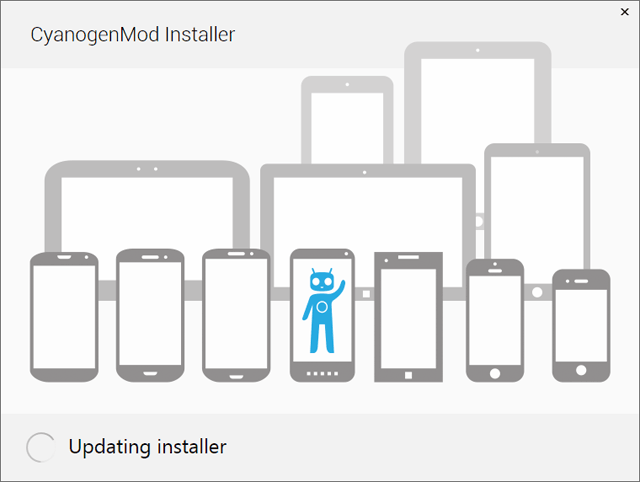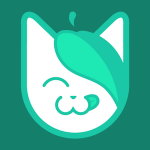The digest of news from the world of mobile development in the last week №25 (September 16–22, 2013)
On Wednesday, Apple began distributing iOS 7, and on Friday selling new iPhones. But perhaps the main news of the week was Cyanogen’s acquisition of $ 7 million in investment and the struggle for third place in the mobile ecosystem.

What prospects it opens up for the business is not worth mentioning. Although CyanogenMod will remain free, but with an audience of 50 million people, the company will definitely find a way to monetize. Kirt McMaster says that they already have a lot of ideas on this.
We have risen to 3 places in the general Top App Store of Russia and Ukraine, 1-2 place in the category. At the moment we are already the 4th day in the Top 5 with more than 60K installations and about 500 reviews / ratings on the App Store.
Jolla, the manufacturer of Sailfish OS, announced that their operating system has achieved compatibility with the Android ecosystem at both the application level and the hardware level.
According to Euroset, in the summer months of 2013, Nokia overtook Samsung and became the leader in the Russian market of cellular phones (not smartphones!). The share of Nokia (in units) reached 29% (in the spring it was 27%), and Samsung - 27% (30%). However, the company wins the market at the expense of low prices - in monetary terms, Nokia’s share is much smaller, in spring and summer it was 15%
')
iOS
Android
Other: Ubuntu
Development
Marketing, monetization and advertising
Devices

The best
 | CyanogenMod installer will appear in Google Play, developers have received $ 7 million investment |
 | The experience of the withdrawal of the application in the App Store Top Russian: numbers, graphics, investigations |
 | Sailfish OS has become fully compatible with the Android ecosystem |
 | Nokia ranked first on the Russian phone market |
')
iOS
- The ability to bypass the lock screen iOS 7.0 and access photos and contacts
- iOS 7 and Xamarin
- Amazon expands GameCircle action on iOS
- iOS 7 does not support Connect On Demand in Always On mode
- TeamLab PM for iOS as the start of a series of mobile applications for business
- Apple has opened an opportunity for developers to manage the availability of old versions of applications
- Offtopic: Pre-premiere of the film "Jobs"
Android
- Connecting SlidingMenu to the Support Library and avoiding potential problems
- Development of IM for the competition of Pavel Durov using Xamarin
- Intel C ++ v13.0 Compiler for Android - for free
- JetBrains - Android Development for Lazy People
- Kamcord records game video on Android
Other: Ubuntu
- Ubuntu Touch will be released on October 17
It is assumed that the first time OSes will be distributed as firmware for existing devices, such as the Galaxy Nexus, Nexus 4, Nexus 7, and Nexus 10.
Development
- New mobile A / B testing framework from Facebook
- Feedly opened API for all RSS clients
Any RSS reader or mobile app can use the Feedly backend to access millions of feeds and sync via the Cloud API - Famo.us launches closed beta testing
The startup promises to allow developers to create luxurious three-dimensional interfaces running in the browser at 40 frames per second, without any additional plug-ins. - Big Viking Games is looking for helpers for Tiny Kingdoms on Kickstarter
Big Viking Games promises that those who help finance the Tiny Kingdoms will get "the opportunity to join our team as honorary game developers."
Marketing, monetization and advertising
- Feed the rabbit and work with Admob Mediation
How to combine two monsters in one small application? For this there are companies that have received the slang name mediators. - Mobile technology, big data and RTB killed the old ad market
- 5 simple steps to perfect screenshots
Devices
- The second mobile Pwn2Own will be held in Tokyo: a prize fund of more than $ 300,000
- Microsoft buys almost all old mobile devices
- Apple iPhone 5s: autopsy, comparison with previous generations and maintainability assessment
- Cut off the finger does not help unlock the iPhone 5S
- BlackBerry Announces Z30
- Google introduced Coder
Google has introduced Coder - a project that turns your Raspberry Pi into a Web-server for teaching programming in Javascript, HTML and CSS - CodeBender.cc - Arduino programming from a browser
Source: https://habr.com/ru/post/194666/
All Articles